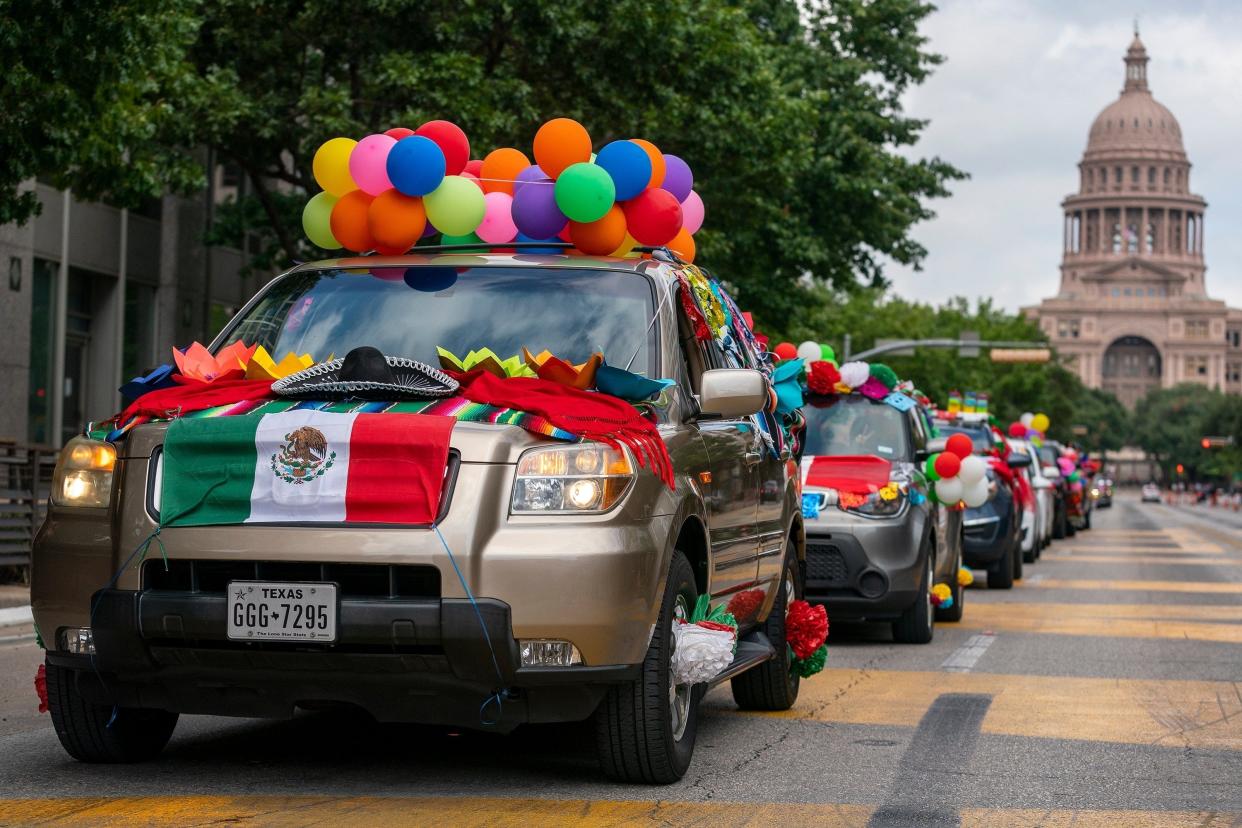Opinion: When we leave out Latinos and other groups, we hurt all Texans
Hispanic Heritage Month recognizes contributions from Latin American cultures that enrich and strengthen our country. These last 30 days were indeed a celebration and an opportunity to elevate voices which have been historically overlooked, despite the innovative contributions Latinos have made to society. In November, we similarly highlight Native American Heritage Month. As a Mexican American woman with indigenous heritage, I am writing to raise awareness of those contributions, as well as draw attention to the obstacles we still face as a nation.
I am a conservation scientist. In this field, we celebrate people like Zuleyma Tang-Martínez, a Venezuelan-born biologist renowned for her work in animal behaviorism. She became the first woman and first Hispanic woman to make tenure at the University of Missouri-St. Louis and was the first Latin American president of the International Animal Behavior Society. Tang-Martínez is recognized as one of the most influential Hispanic academics in the nation after more than 40 years of devoted research.

Brilliant Latinos, like Tang-Martínez, are often recognized as “firsts” in leadership roles. While these achievements should not be diminished, the modern-day accolades speak to the absence of Latino voices, regardless of class, who are isolated from spheres of influence.
As the Defenders of Wildlife Texas representative in Austin, I get to be a voice for underrepresented communities—both human and nature. As a Tejana who grew up in lower socioeconomic areas where people are predominately black and brown, I have seen bad policies trickle down without consideration of the possible harm from a failed policy experiment.
Now I study how biodiversity and other natural resources can help the state keep up with rapid, consistent population growth — and subsequent urban sprawl. Like most researchers, I take part in panels and workshops with colleagues and state leaders on findings and methods to approach balanced solutions. Undoubtedly after each presentation, my “background” and my skin color spark more questions than my research.
These extraneous conversations never surprise me — I am usually one of the few people of color in the room and one of even fewer researchers engaging with the Latino communities directly impacted by growth policies.
People who identify as Latino or Hispanic now make up a majority of the state population (40% compared to 39% who identified as white); more than one-third of Texans speak a language other than English at home.
And yet, I frequently come across community polls bearing slim resemblance to the actual residents impacted by a proposed action. (Policy advocates and government leaders often create polls or surveys to gauge needs to develop or inform policymaking (e.g. the 2022 Travis County community survey.)
For example, while assessing access to natural resources, I recently reviewed a survey of an area where 40% of the population identify as Latino or Hispanic, but only eight out of 2,000 respondents were Latino. That is less than 1% of that area’s population represented. This void in representation is not for lack of knowledge, rather a lack of visibility.
We cannot build successfully or sustainably when the largest group of residents does not have a voice or influence on how decisions are made. Latinos in Texas must have the ability to contribute meaningfully and influence state policy.
That work begins by building and repairing trust in underrepresented communities through collaborative mentorship programs or first-generation stewardship learning opportunities.
There are dedicated groups in Austin doing the work to bridge those gaps. The New Philanthropists, for example, is building a network for racial and ethnic groups that have been marginalized and traditionally left out of decision-level positions through mentor programs.
If residents of Austin and other areas are not equitably involved in growth policies, we are bound to fall short of holistically supporting future and current Texans.
Rodríguez is the Texas representative at Defenders of Wildlife. She serves on the Steering Committees of the Texas Hill Country Conservation Network.
This article originally appeared on Austin American-Statesman: Opinion: When we leave out Latinos and other groups, we hurt all Texans
